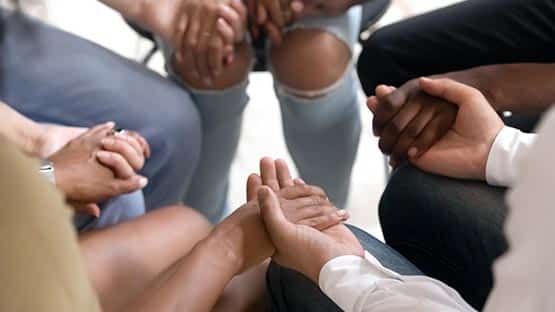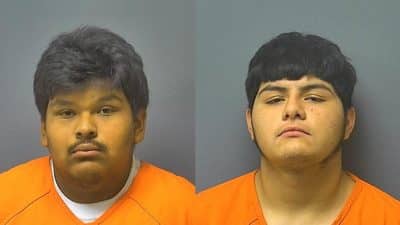Faculty and students have had no shortage of stressors lately: the COVID-19 pandemic, political polarization, racial tensions, environmental concerns. Students are left with to deal with difficult pasts, uncertain presents and precarious futures.
“I think that interacting with each other is so much harder than it was before,” said UMW Professor of Sociology Leslie Martin, who attended the workshop at which Cavanagh spoke in the Cedric Rucker University Center.
Cavanagh heard similar stories as she traveled the United States after the pandemic and wrote Mind Over Monsters. At the UMW workshop, she shared research, cited real-life experiences, theories and resources, and encouraged participants to exchange ideas.
Mary Washington Head Athletic Trainer Beth Druvenga stressed goal-setting, which was the theme of Cavanagh’s afternoon workshop, as a way to engage students and boost confidence.
“Looking into student goals on the front end of the semester could give professors insight into their motivation,” Druvenga said. “That would also give them the opportunity to check and see if they’re meeting their goals or what they need to do differently.”
Such strategies strengthen learning environments, according to Cavanagh, who writes for The Chronicle of Higher Education and blogs for Psychology Today.
“Faculty can do the most for students by being purposeful in our classroom designs and supporting students to manage what may feel uncomfortable,” said Russell.
Key to the concept of being intentional is what Cavanagh calls “flexibility with guardrails.” Juxtaposing clear expectations with deadlines and assessments tailored to personal needs can help create a sense of security.
“I think that students need compassion, and they also need a challenge,” she said. “Compassion has to come first.”
Russell said hopes to bring more opportunities for exploring mental health concerns to the UMW community.











